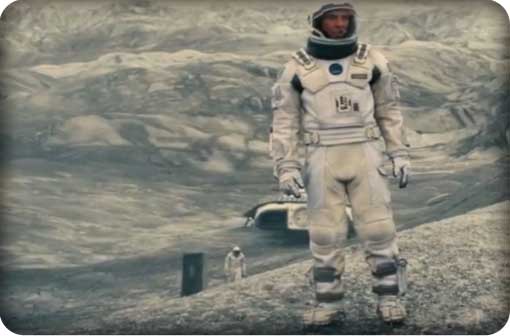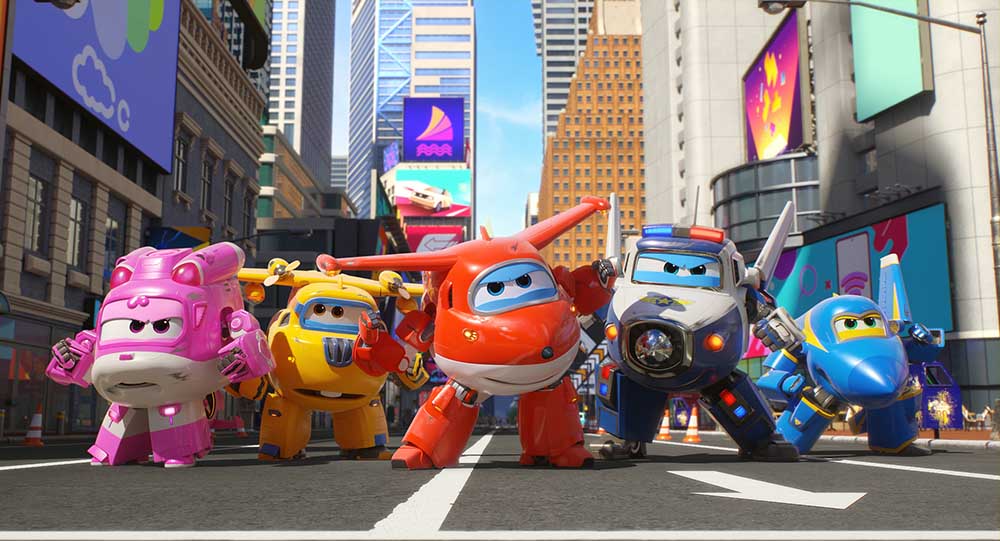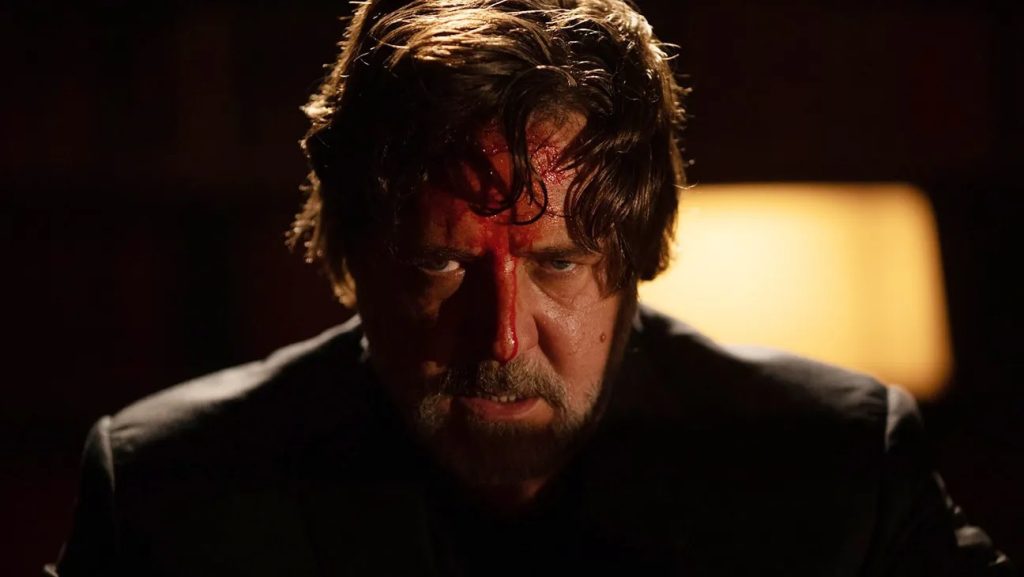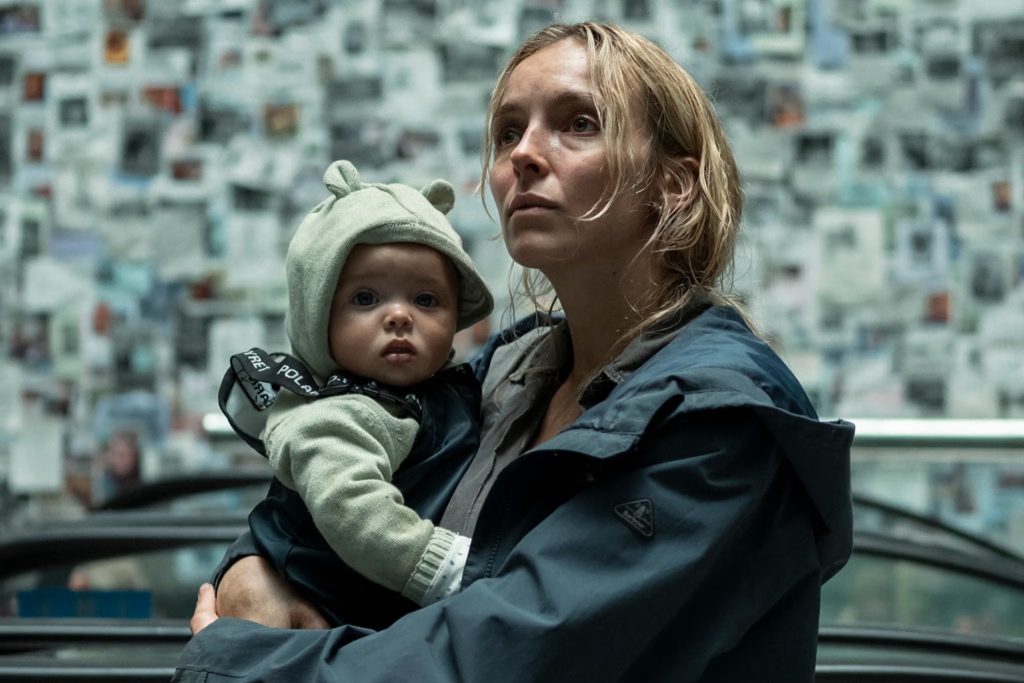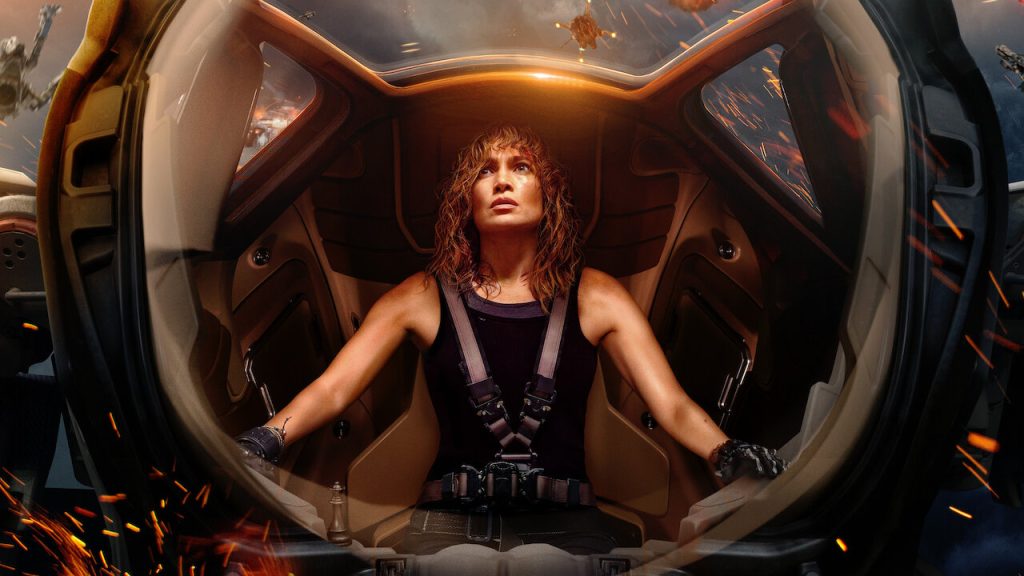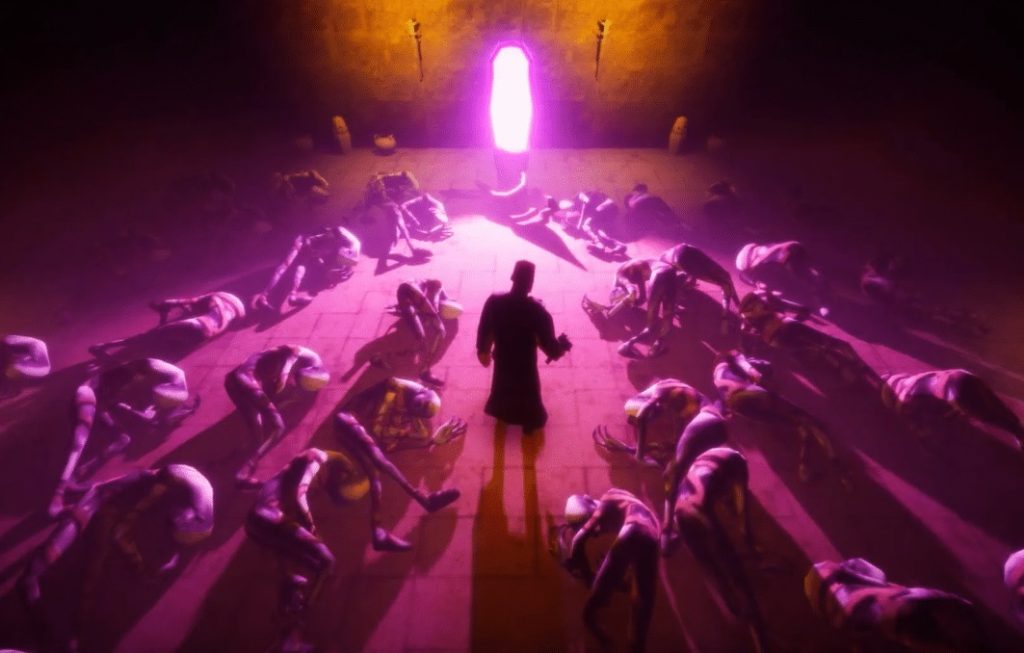
MOVIE REVIEW: INTERSTELLAR / CERT: 12A / DIRECTOR: CHRISTOPHER NOLAN / SCREENPLAY: JONATHAN NOLAN, CHRISTOPHER NOLAN / STARRING: MATTHEW MCCONAUGHEY, WES BENTLEY, ANNE HATHAWAY, MICHAEL CAINE / RELEASE DATE: NOVEMBER 7TH
Never underestimate Christopher Nolan. He made a backwards film about an amnesiac into an original and memorable masterpiece, turned a film about dreams into a dream come true for fans of smart blockbusters and even managed to save Batman from Batman and Robin. With Interstellar, he takes a leap beyond space and time into something truly stunning; an emotional epic that will answer any critics who say Nolan’s films are too cold.
To delve into the story of Interstellar is to open a can of wormholes. At its simplest, it’s a film about a family. Set in a not too distant future where resources have all but run out, leaving a human population on Earth struggling to make enough corn to survive. The first act, set solely on Earth sees Matthew McConaughey’s pilot-turned-farmer moping over the glory days of the space program and disillusioned by the human race’s lack of ambition to reach the stars. Blighted by increasingly dangerous dust storms, Cooper wants a future for his two children, Murph and Tom, that doesn’t seem possible anymore on the spent planet. When a strange occurrence in Murph’s room sends Cooper to an underground NASA base, he is immediately snapped up for the final mission from Earth to find a place in a galaxy far, far away where humans might start a new life.
Unfortunately for Cooper, that mission involves leaving his children back on the dying planet and travelling through a wormhole to a new galaxy. With time and space bending in unforeseeable and unpredictable ways, Cooper cannot be sure that he will ever return. And if he does, how long will it be and how old will his children be?
Needless to say, Cooper accepts the mission as dished out by Nolan’s very own Mr Exposition, Michael Caine. So it’s off to space for a considerable amount of the running time, through mind bending, space warping, time-melting wormholes and then off to explore different planets that may or may not be able to support human life. It’s here where Nolan’s massive technical achievement becomes apparent. Working closely with theoretical physicist Kip Thorne, the vision of space, and more particularly the wormhole that allows interstellar travel, is absolutely magnificent. It’s a centrepiece of the whole film, so powerful that the rest of the film is almost swallowed within it.
But Nolan isn’t just here for special effects and interplanetary fireworks. Interstellar is a film brimming with ideas; some incredibly complex and scientific, and some hokey and clichéd. The story takes in love, loss, sacrifice and survival. It flits between early scenes of what feels like NASA propaganda to later scenes of Anne Hathaway crying over the power of love. All the while there is spectacle that is often almost beyond comprehension, dazzling the eyeballs while Hans Zimmer’s score soars over the visuals.
Some of the science is nigh on incomprehensible, but Nolan never lets you chew on the details for too long. Time is a central concept of the film and like Inception, there are scenes where time moves at different paces for different characters in the film. Zimmer’s score pulses with a frequently ticking refrain while some of the mysteries of the early scenes are very predictably resolved by the end of the film. As tricky and complex as some of the physics aspects are, the central dynamic of father and daughter is all that matters to receive the whopping great emotional punch of the film.
For those critics who have called Nolan cold and his films lacking in emotion, both the script by siblings Jonathan and Christopher, as well as McConaughey’s central performance should quieten down the clamour. Anyone unmoved by the plight of Cooper crossing the universe while his bitter little girl waits back home must have a heart of stone. As time passes and the true extent of Cooper’s sacrifice becomes apparent, McConaughey gives an astounding performance caught in some unflinching close ups as he receives some incredibly poignant messages from his children. OK, so Nolan still doesn’t demonstrate much of a funny bone, but robot TARS delivers some brilliant lines, wittily referencing the history of AI on film that came before him.
Interstellar may at times come across corny and some of its plot contrivances a little barmy, but in the end, it’s a glorious spectacle. With incredible visuals, a colossal score and a huge heart, it’s the kind of film which makes you feel tiny. Nolan dwarfs you in your cinema seat, filling you with awe and wonder and leaving you both wondering about the majesty of the universe and thankful for the loved ones you have around you. Interstellar is destined to be one of those films people will want to see again and again. It was bound to be epic but the surprise is just how intimate it is. It’s a massive achievement, even coming from the guy who saved Batman.
Expected Rating: 8 out of 10
Actual Rating: 

